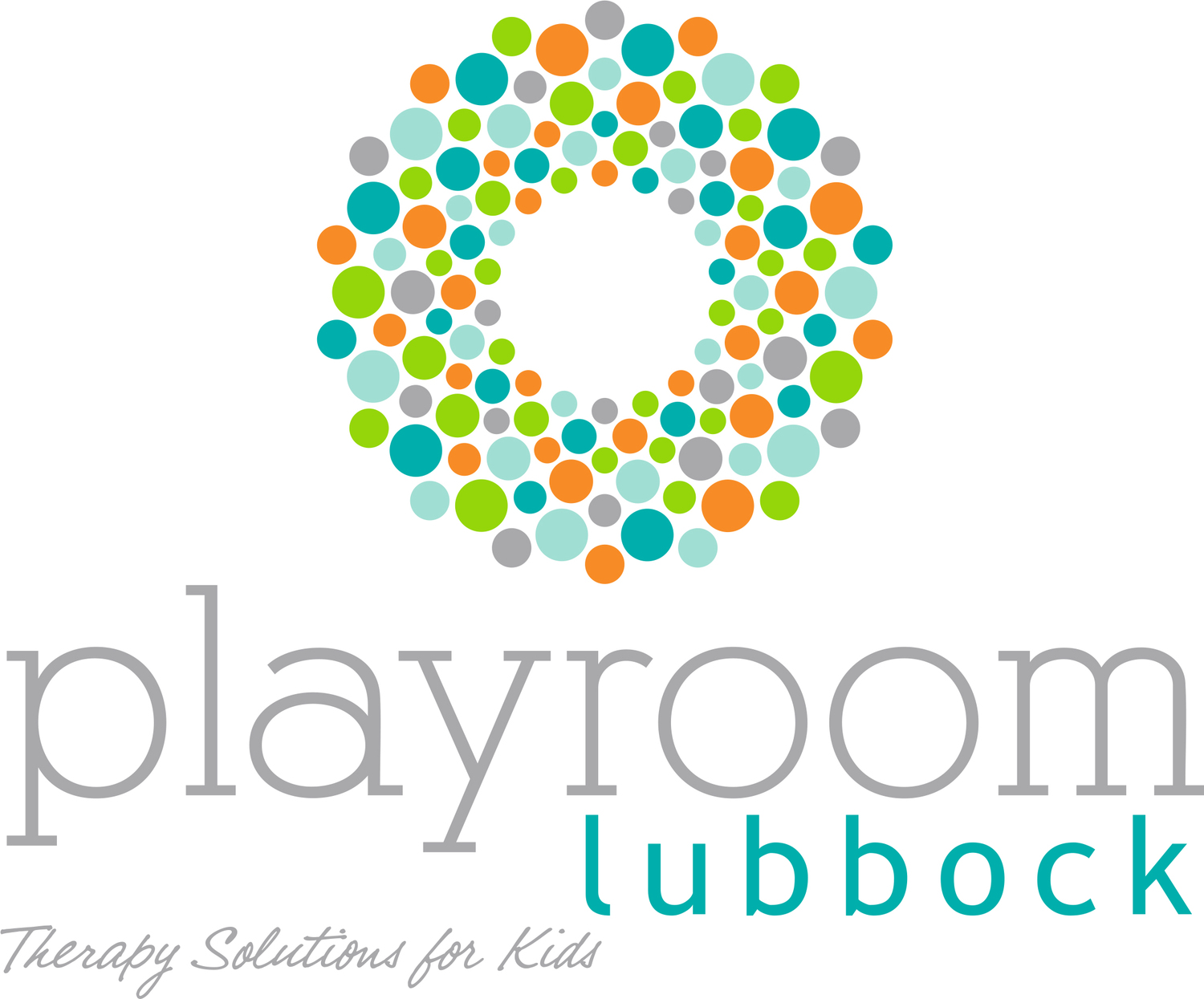You've made the first step and made an appointment with a child/adolescent counselor. You may have showed up a little apprehensively to the initial intake appointment with the counselor/therapist. After you realize the counselor wants to support your efforts as a parent (you are, after all, the primary influence over your child's life) and the counselor "hears you out," it occurs to you that you have to think of a way to tell your child he/she is going to therapy. In fact, let's just cut out the word "therapy." Add "fix your problems," "bad feelings," "disobeying" to the list of What Not to Say. "Ideally, it is best if the child is allowed to develop their own impressions of the therapist and what therapy is all about from actual experiences in the playroom" (Killough McGuire, D. and McGuire, D, 2001. Linking Parents to Play Therapy. NC: Taylor and Francis). We hope our name, The Playroom, provides a sense of comfort and familiarity for your child so that he feels safe and free to form his own impressions.
So How do You say It?
McGuire and McGuire in their book Linking Parents to Play Therapy suggest parents tell their child (depending on developmental level) something like this: "This is a time for you to play in a room full of toys and things you like to do with someone who really cares about you" (p. 16). As necessary, the therapist can also provide further information to the child. Another way to phrase this for an older child would be:
“It’s a safe place to find support and an unbiased adult to listen. ”
Communicate with Feeling Words
When your child comes out of a session reflect his/her emotion. "You're really excited coming out of there." "You seem to feel quiet." "You're feeling ready to go!" You can also respond with a feeling to any questions they may have: "You're curious that_____." "You're wondering if ______."
Communicating about their Art/Creations
At times your child may bring home something he/she created. It is important to view their creation from their therapy session as a page out of a journal. It can be very private and emotional. Be mindful that your child may choose not to talk about it. If your child is eager to show you (and quite honestly you may have no idea what you are looking at), you can say "Tell me more about that." You can focus on details of what he or she did: "You put those colors right there." "Looks like you spent a lot of time on that." "You drew this here and that over there." Or if a child asks you if you like it, you can respond with, "What's important is if you like it. What do you think about it?"
Communicate with Nonverbals
Dr. Kay Sudekum Trotter, PhD, LPC-S, suggests that when you stay in the waiting room instead of running errands during a session, you nonverbally communicate that "you're so important to me that I will be here the whole time supporting you." (Tartakovsky, M. (2015) Common Things Parents Say to Their Kids about Therapy that Aren't Helpful. Retrieved from PsychCentral.com)
Communicate Privately with the Therapist
It is important to be mindful of little listening ears. Talking about your child's progress or lack there of, or more specifically the problems you want to see addressed, in front of the child, may lead to feelings of inadequacy, embarrassment, and shame.
What NOT to Communicate:
The following list of common comments that parents make may isolate your child or negatively color their perception of therapy or the therapist.
“The therapist is going to help you with your problems. You need help”
”We can’t help you anymore because your problems are too big.”
”We have to go to therapy because your dad or mom left us.”
”You need to go to therapy because since the divorce you have been really emotional and difficult to deal with.”
”Your therapist is going to be so disappointed in you for doing___”
Speaking to therapist: “Maybe you can help _____with learning how to better control his emotions when he doesn’t get his way.”
In Conclusion
Parents are very well meaning in their communication with kids. Hopefully these suggestions provide another perspective about how your words can and should encourage your child and therapeutic play.


